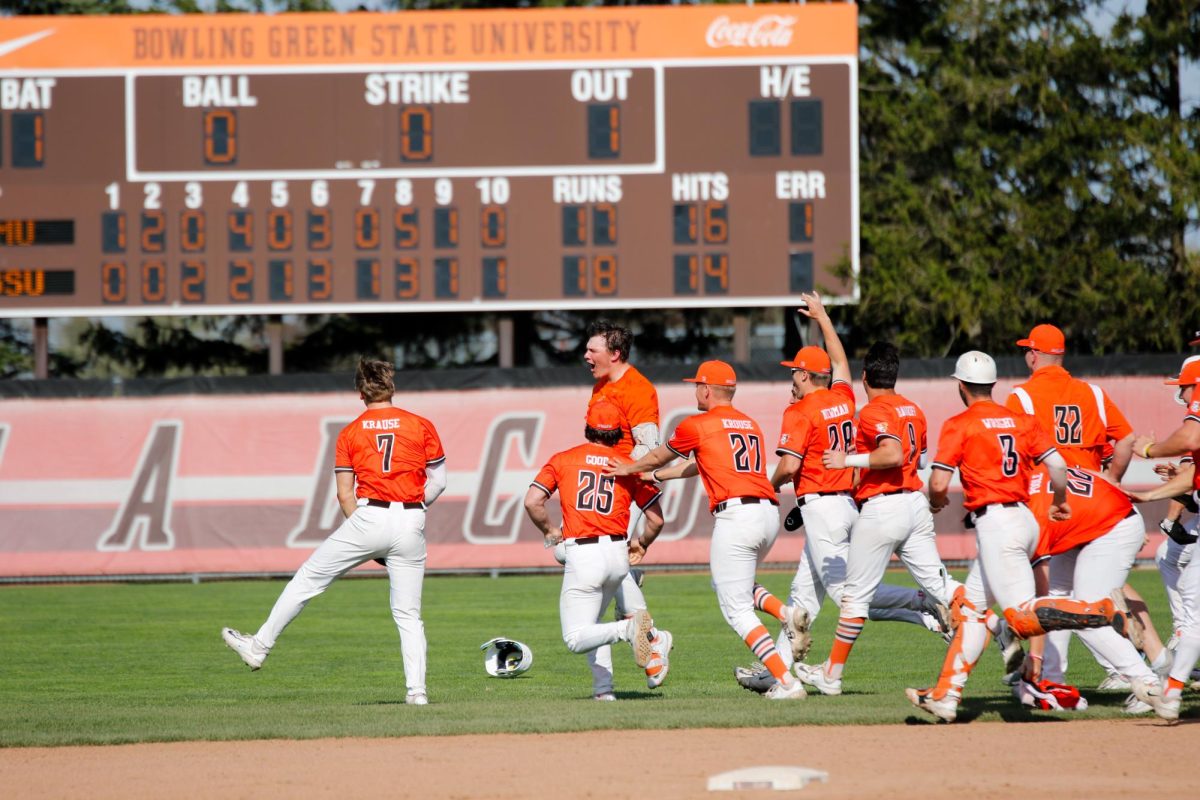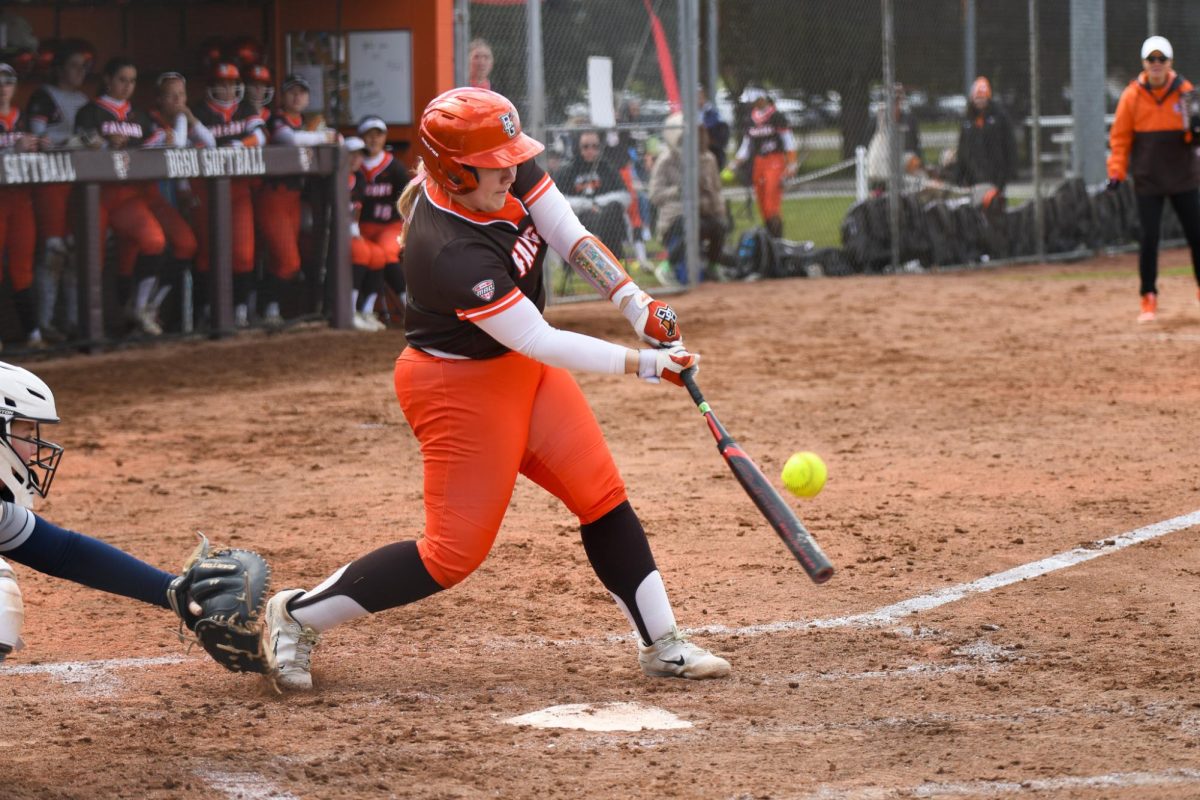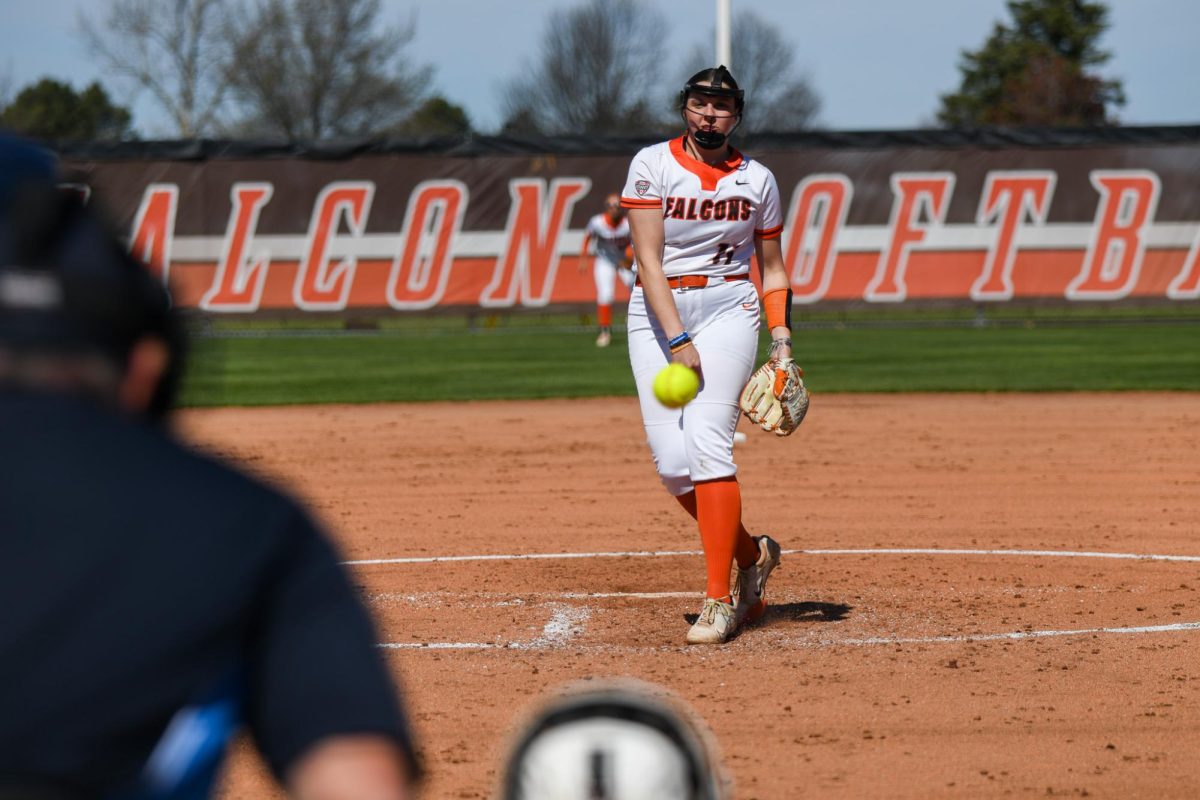Watching season premieres of the hottest television shows is my favorite part of fall.
Don’t get me wrong— I love the changing colors of the leaves, sweater weather and pumpkin-flavored everything as much as the next Midwesterner, but picking up where the cliffhangers of my favorite shows left off and weeding out the good new TV shows from the bad is just fantastic.
My favorite new show this year is Fox’s “Sleepy Hollow.” It’s funny, spooky and smart— the perfect fall TV trifecta.
But what makes “Sleepy Hollow” especially cool is how its lead character is a black woman, something usually unseen in TV.
Nicole Beharie plays police Lieutenant Abbie Mills who’s witnessed supernatural events in the town of Sleepy Hollow.
She joins forces with recently resurrected Revolutionary War soldier Ichabod Crane to get to the bottom of things.
In Teresa Wiltz’ piece “Sleepy Hollow: A New Day for Race on TV?” for The Root, she calls Beharie’s Abbie “a no-fuss, no-muss every woman, attractive, but decidedly unglamorous, a woman who’s got a job to do and does it— well.”
I agree with Wiltz’ description of Abbie and would like to add that the show would be nothing without her.
Without Ichabod, Abbie might have a hard time solving the paranormal mysteries by herself.
But without Abbie, Ichabod would have no one to turn to and nowhere to go.
Abbie is independent, intelligent and wholly original.
Such a character is incredibly important to the millions of black women looking for positive media representations of black women, examples of which are absurdly few and far in between.
In a recent interview with Essence Magazine, Beharie talks about how she didn’t expect to land the role of Abbie.
“I’m 5’1’’ and an African American woman. I just didn’t think anyone would hire me to play the cop. There’s a certain demographic of girls who look the same in every action piece and I didn’t think that, that was going to be me,” she said.
Beharie credits fellow actress Kerry Washington, ABC’s “Scandal” and its creator Shonda Rhimes in the interview as having “opened up the minds of studios and executives” to the idea of having black women portray lead characters in TV shows.
“They know it’s possible. […] Not only is it possible, but extremely entertaining and enriching,” Beharie said.
I’m thrilled that “Sleepy Hollow” is a case of art imitating life, in which countless real-life Abbies can identify to someone like them on TV.
It shouldn’t be ‘impossible’ to imagine a black woman as the lead of a TV show, and it’s sad that there are so few.
The beauty of “Sleepy Hollow’s” Abbie doesn’t end with her character, however.
It also lies in how the show considers race.
Waltz says, “It’s matter of fact in the way it treats race, acknowledging it without belaboring the point […] Beharie keeps it understated, ironic, light: Yeah, I’m African American, she seems to be saying, and the sky is also blue. She keeps it moving, unhampered by the constraints of identity politics.”
More television writers and show creators should take the hint from “Scandal” and “Sleepy Hollow” and step it up.
Hopefully, Sleepy Hollow’s high ratings and large fan base will prove to those with closed minds that black women as lead characters “work” in television.
I echo Waltz’ sentiments in her article: “Here’s hoping television, currently enjoying a renaissance, will bring us many more similarly emancipated black women characters.”
Respond to Emily at


















